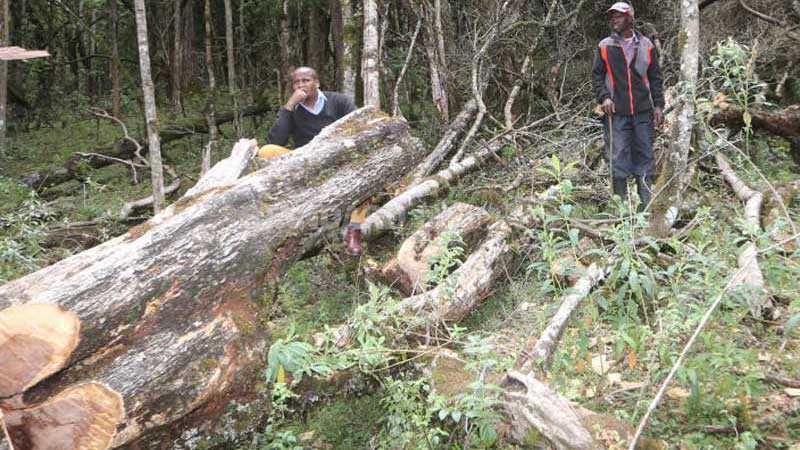×
The Standard e-Paper
Join Thousands Daily

Timber worth an estimated Sh1 billion is rotting away in sawmill yards in Mt Kenya region as the ban on tree harvesting in Government forests takes its toll.
The three-month ban imposed by the national government has extended to timber in the yards and licensed saw millers now find themselves with stacks of legally acquired timber they cannot sell.